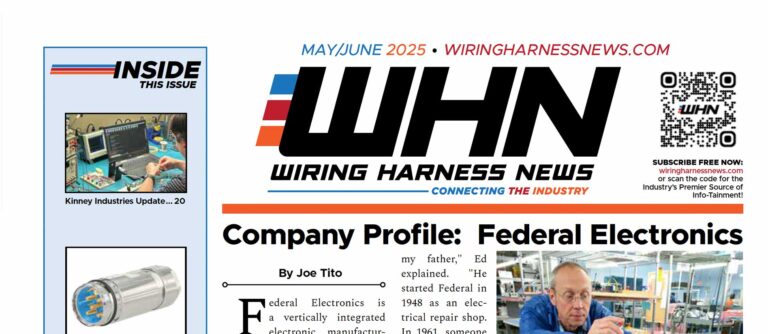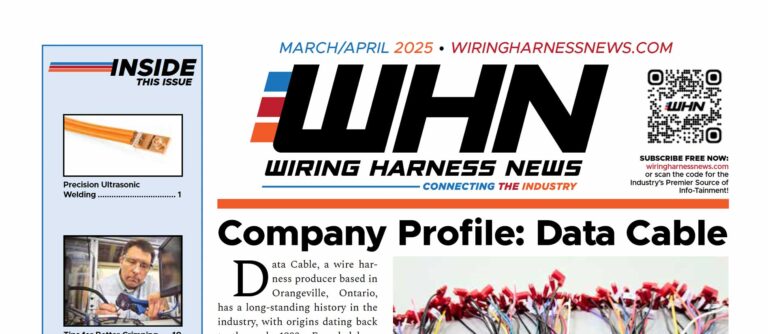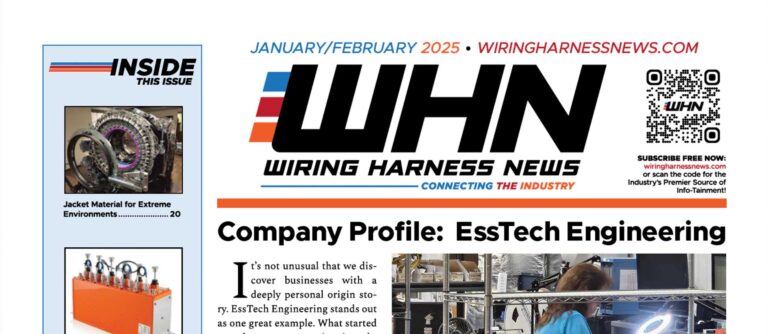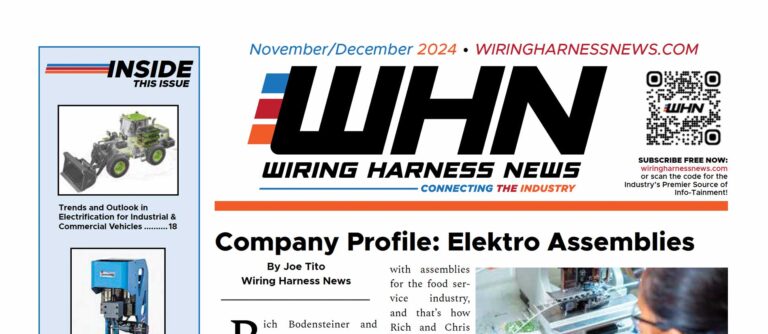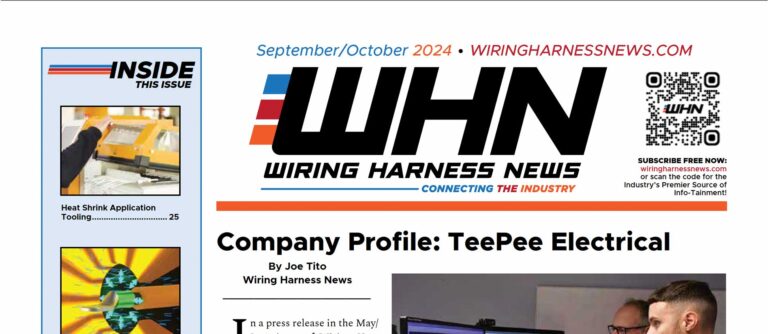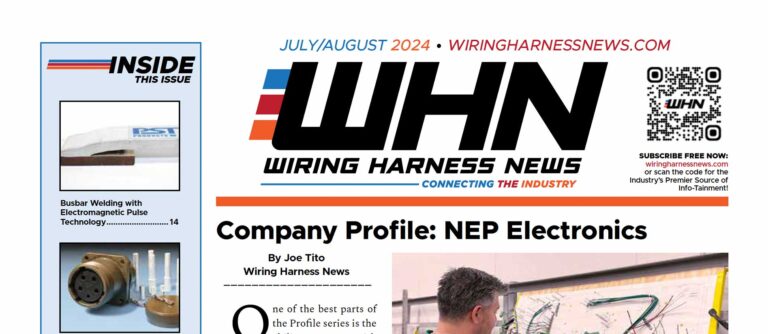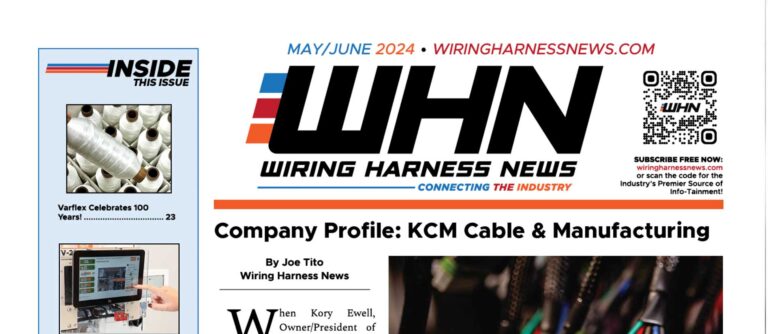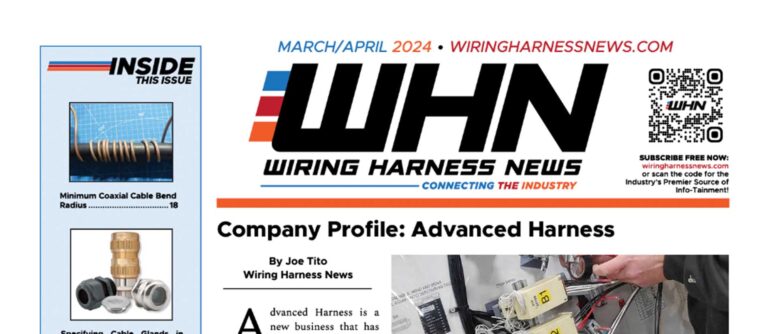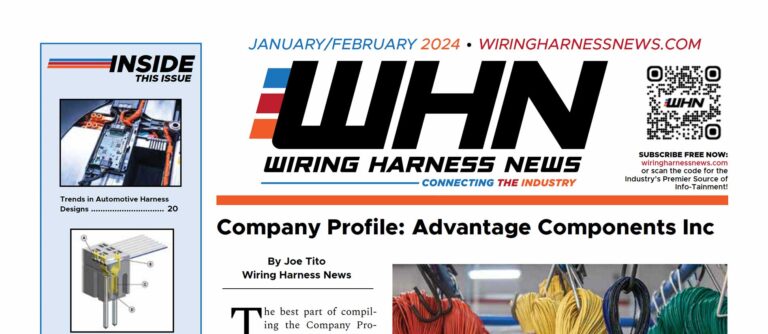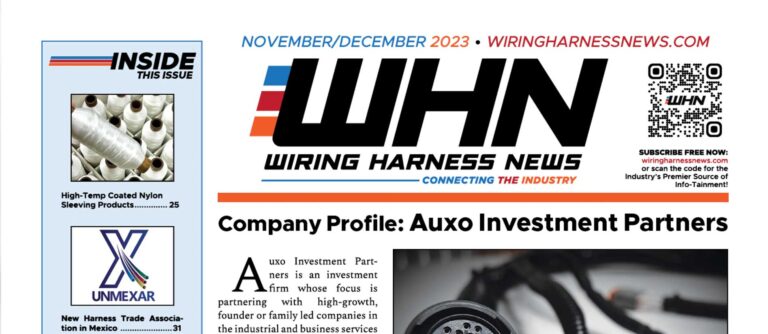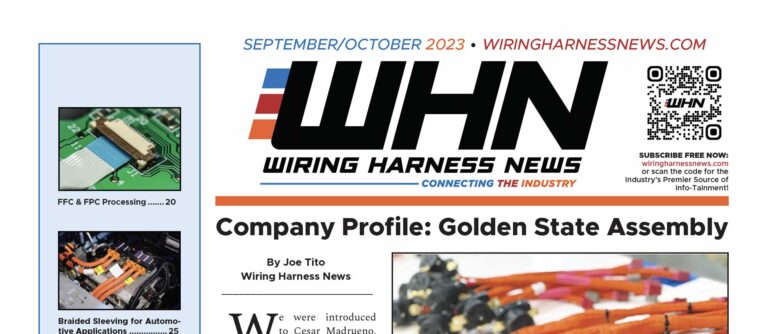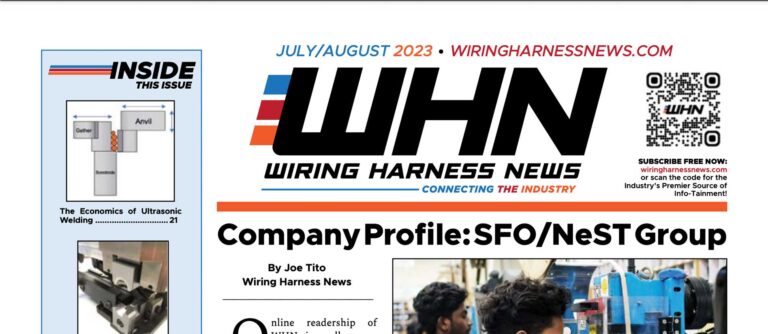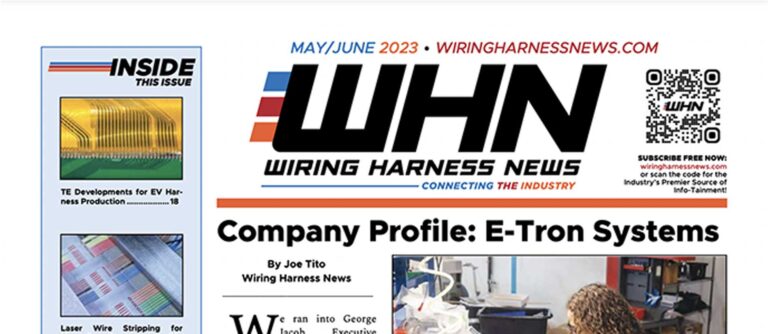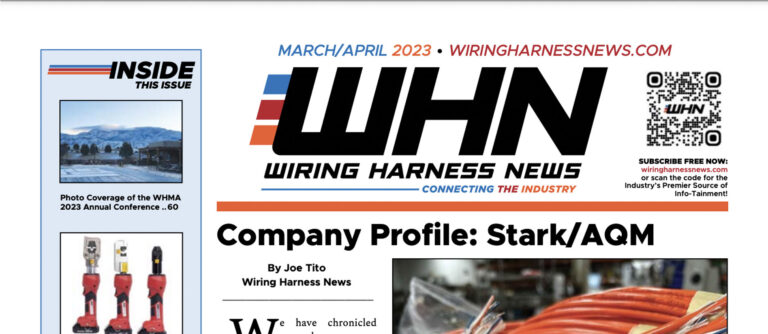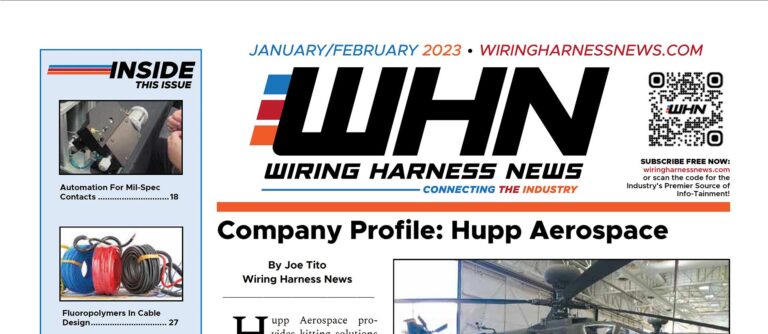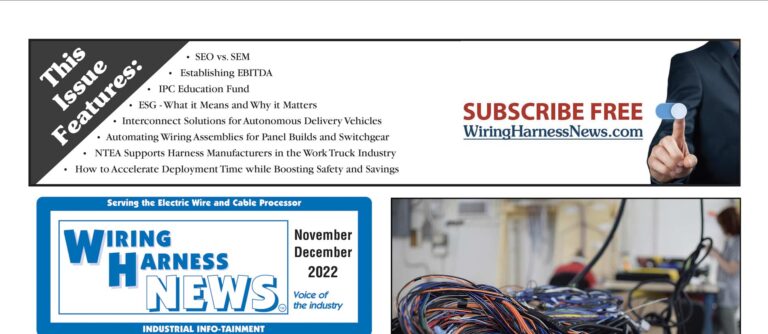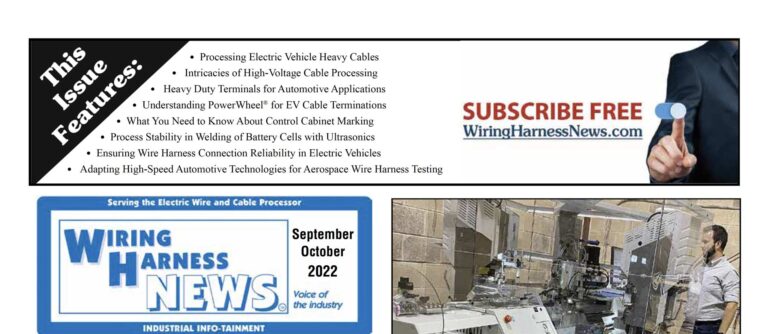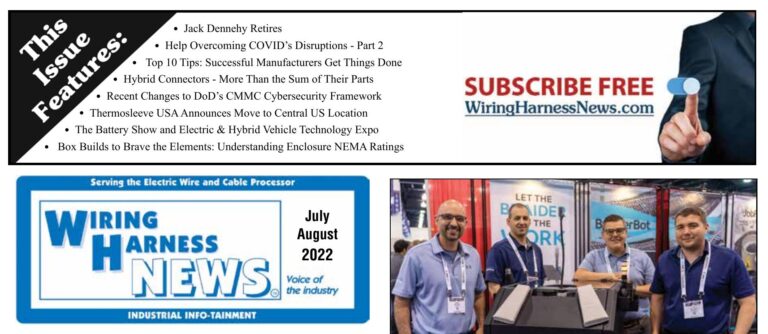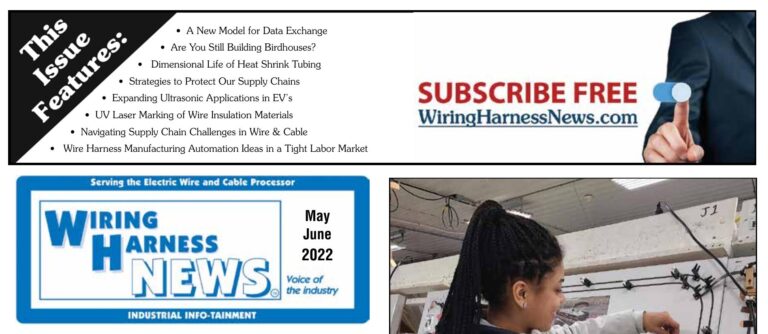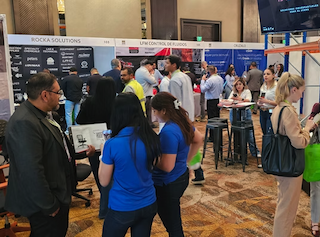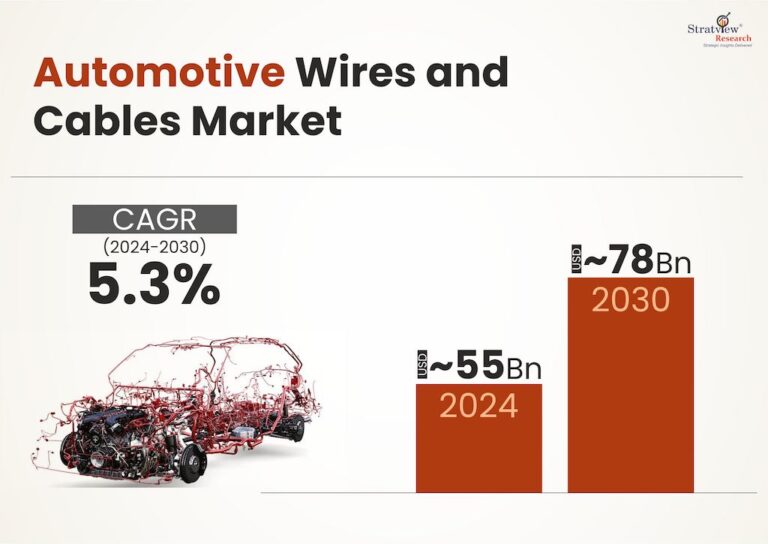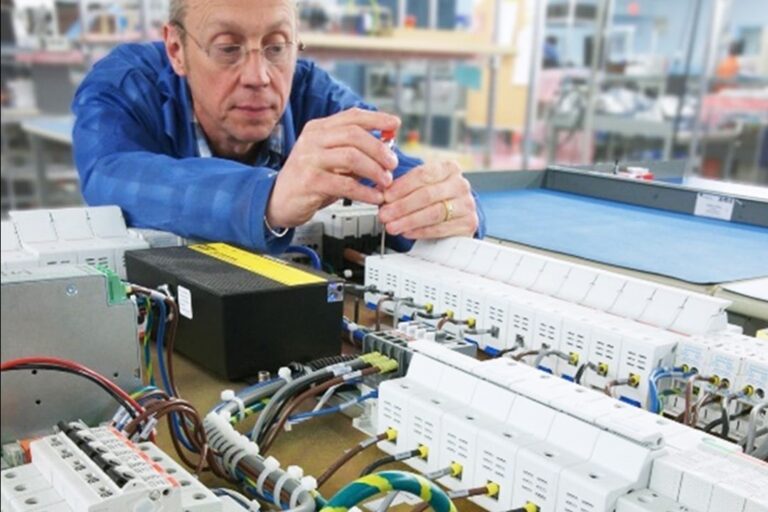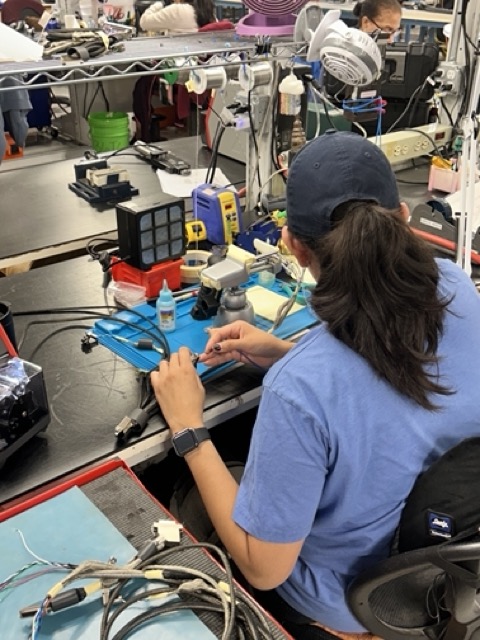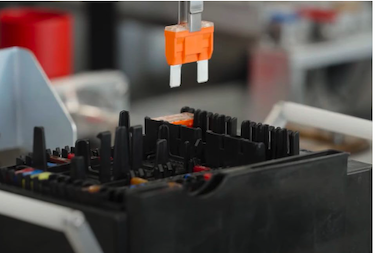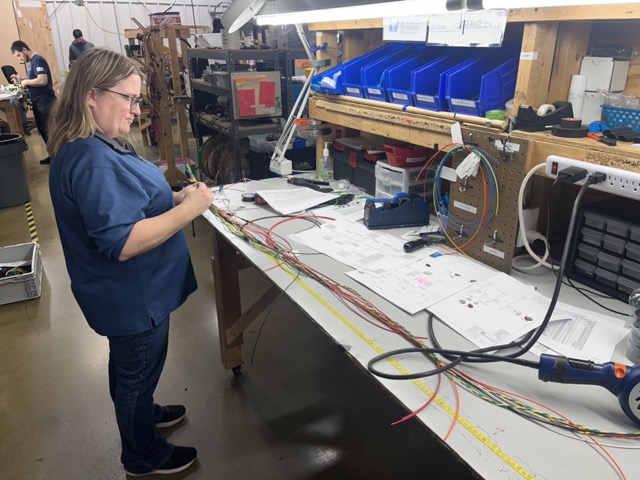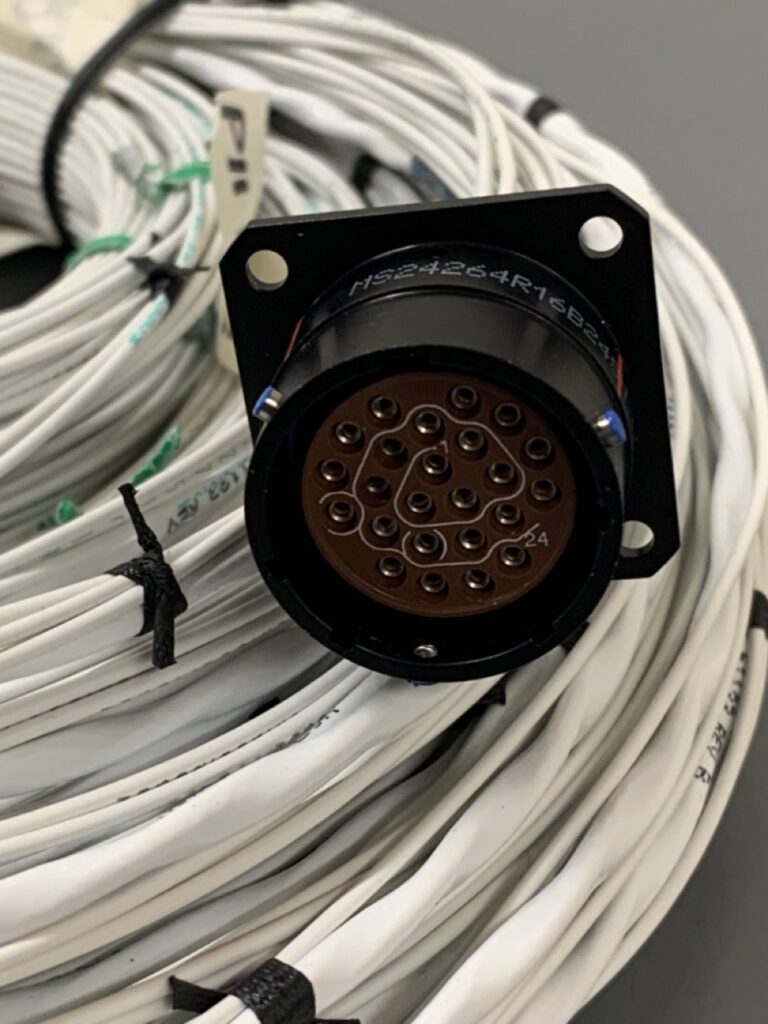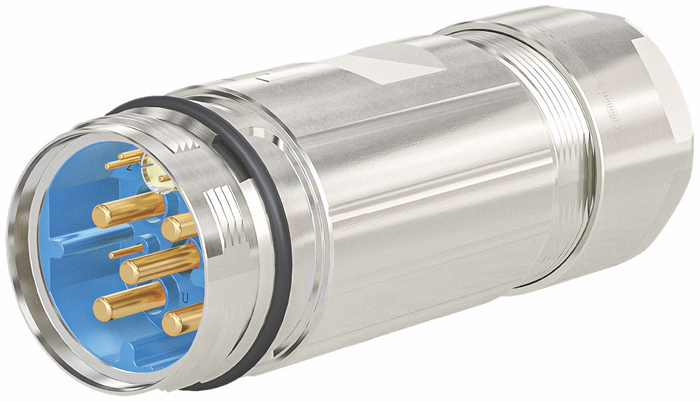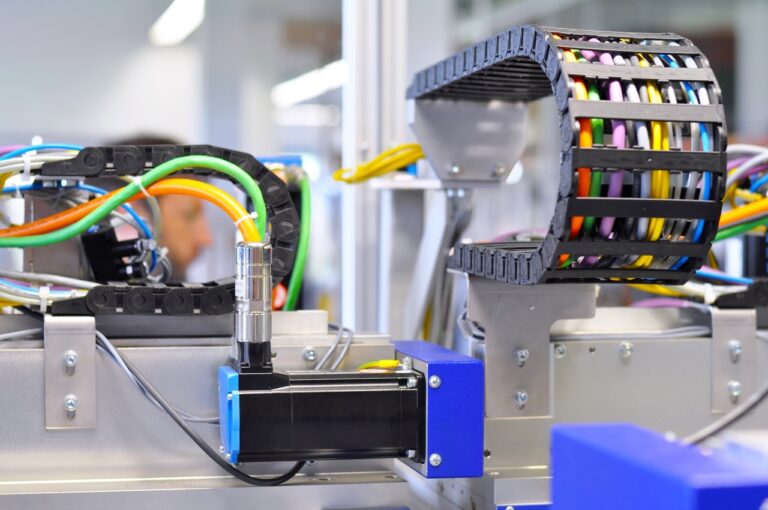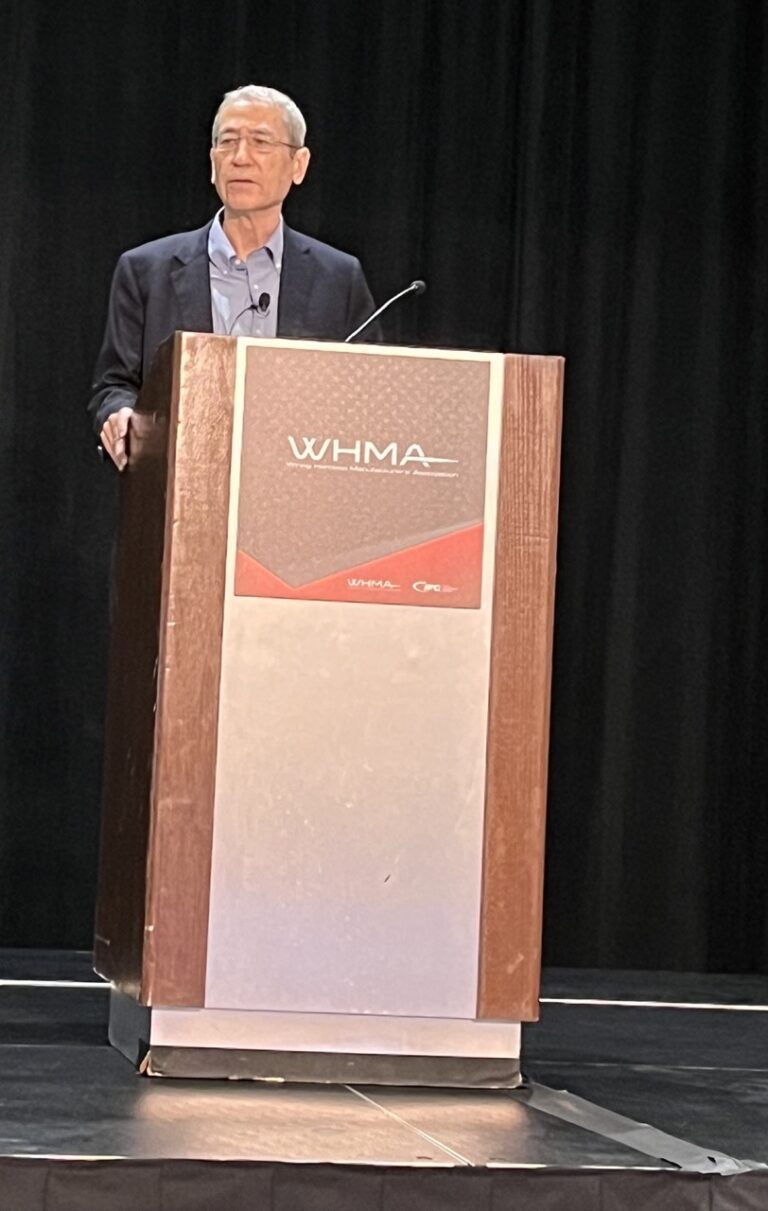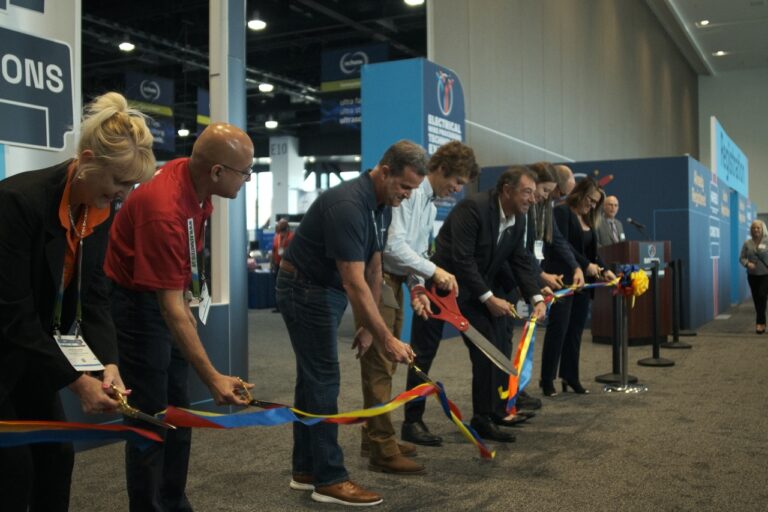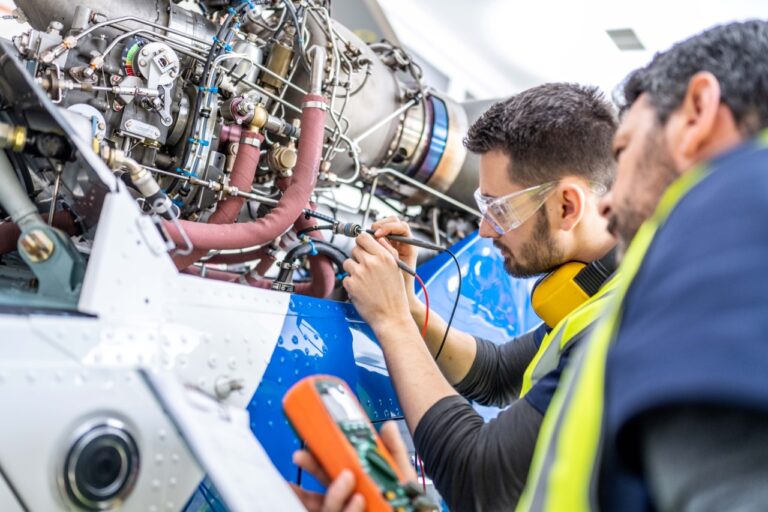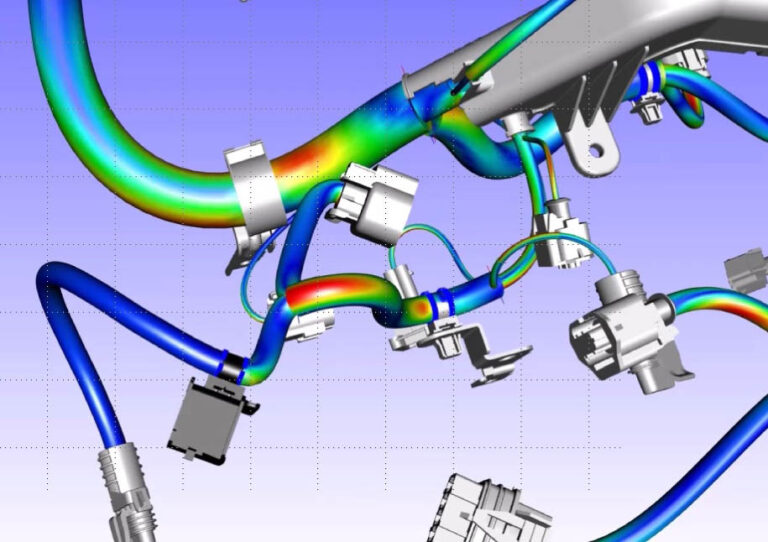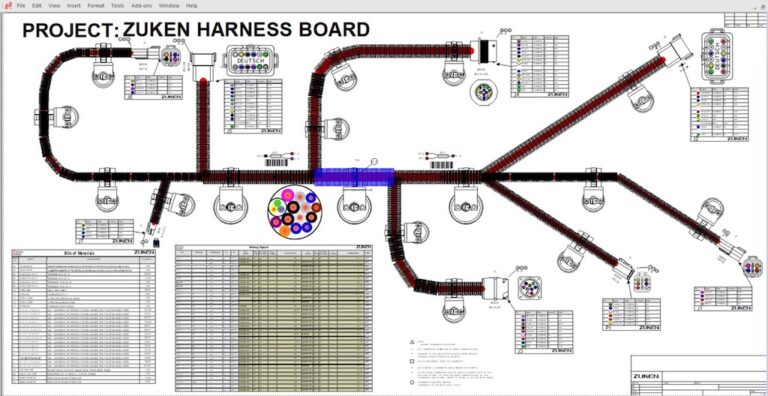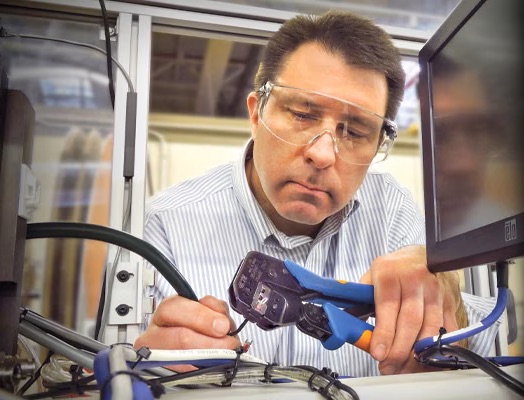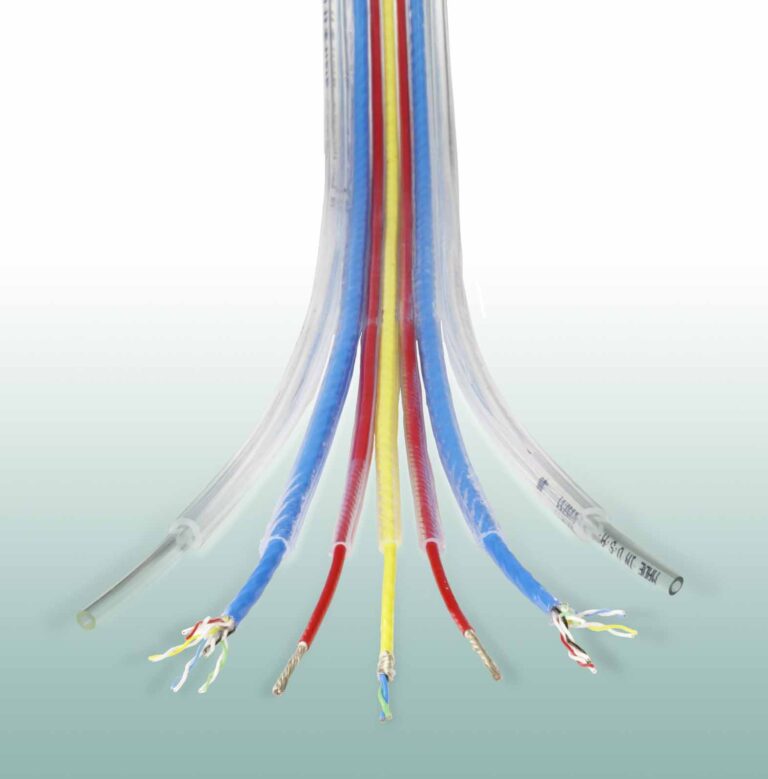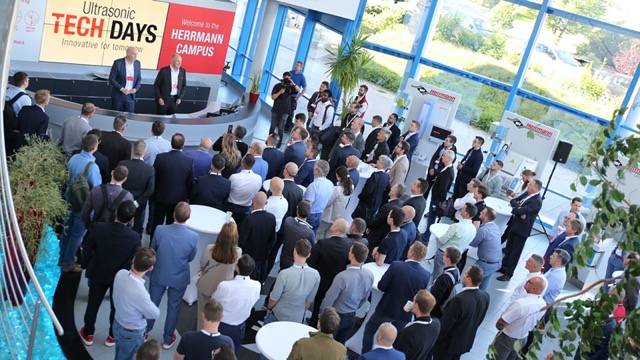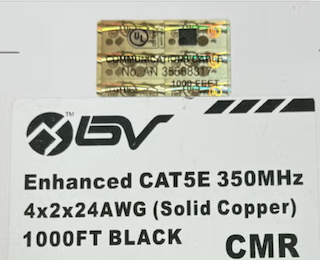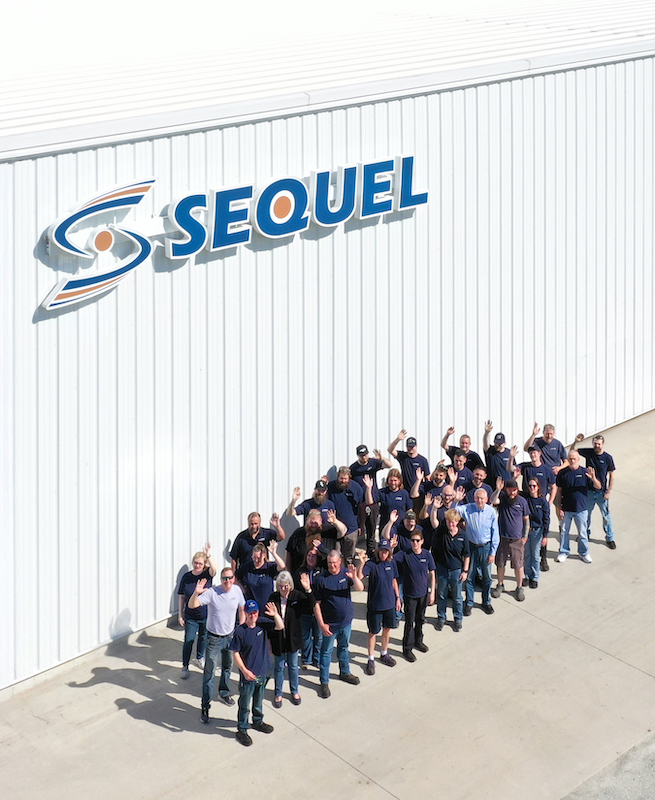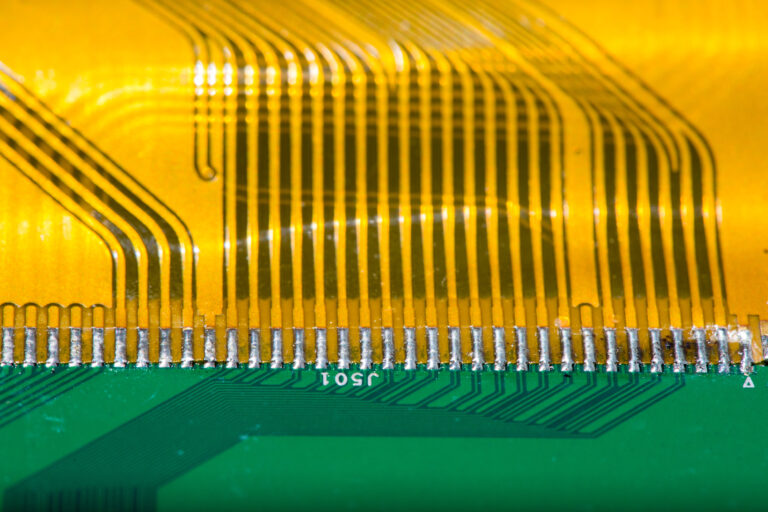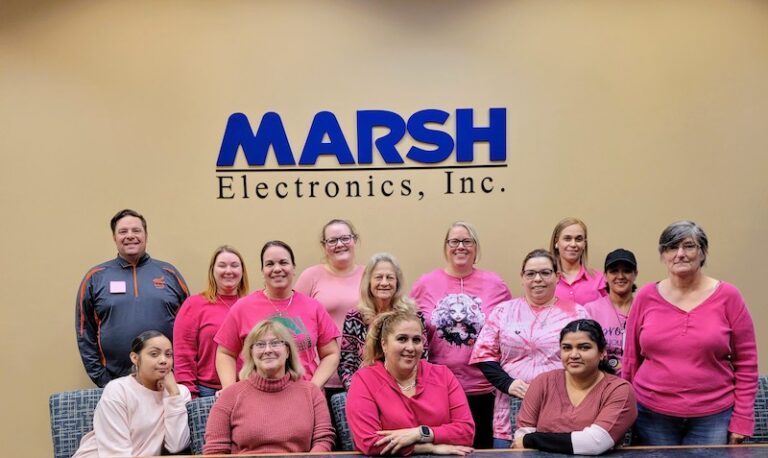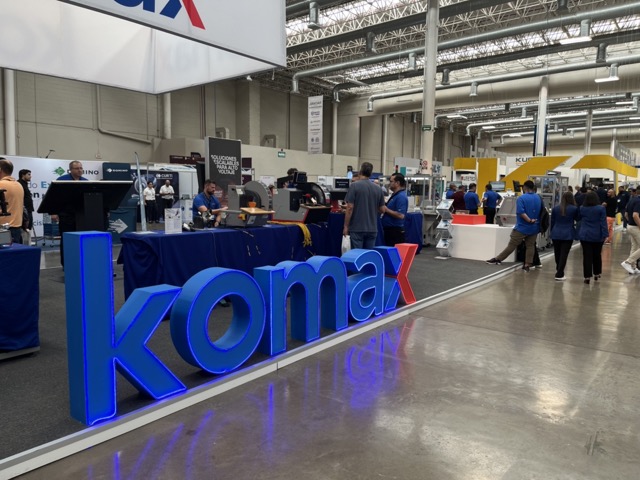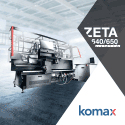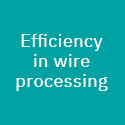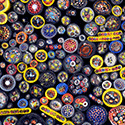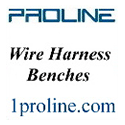Supplier Profile:
An-Mar Wiring Systems
When you first approach the building that An-Mar Wiring Systems, Inc. houses its production in, you probably would not guess that the building has been a manufacturing business for nearly four decades. The family-owned company, first established in the early 1980’s, has been a prominent supporter for “Made in the USA” since its conception. Nestled in a suburban neighborhood on the edge of downtown Mishawaka, Indiana, a small town on the outskirts of Studebaker’s South Bend, An-Mar has maintained the same dedication to its customers for 39 years.
With its central location in the Midwest and its proximity to larger cities like Chicago, Detroit, and Indianapolis, An-Mar is at the crossroads of major business and manufacturing hubs that position it as both connected to larger markets and rooted in the values and reliability customers come to associate with a small-town business. Over the years, An-Mar has developed a committed rapport with customers across the Midwest and the continental United States, with customers taking their products internationally.
An-Mar was founded in 1981 by Dean Johnson, who took a leap of faith when he resigned from his previous employer to start a business of his own. Getting off the ground took some time, making speed controls for massaging units and solenoids for mercury relay switches was the start. Then in 1984, An-Mar purchased its first molding machine and started molding NEMA5-15 plugs. An-Mar grew at a nice rate for its first 20 years in business. Things plateaued for the next few years until the housing bubble burst of 2008. When Dean retired in 2009, the company was taken over by his sons, Craig and Mike, who now run and work at the business alongside their small team of employees. Things have certainly changed in the world within and around An-Mar, and in the nearly 40 years the company has been in business, An-Mar is no stranger to confronting challenging times, both in the country and internationally. When standard power cords became a commodity item due to Chinese imports, An-Mar looked for more specialized plugs to mold. The company eventually found its niche in the submersible pump industry.
“When I obtained the company, the economic environment at the time was declining and led to incredibly challenging times to U.S. manufacturing. In particular, U.S. manufacturing that is not considered high-tech,” Craig said.
As a shift in international policies ushered other countries into the World Trade Organization, changing the way companies in the United States looked at sources. Companies that had once considered “Made in the USA” the standard now felt that unless a company had at least some of their product made is Asia, they were not getting the best price. Therefore, much of the country outsourced across the globe looking for cheaper labor, and companies like An-Mar saw business as they knew it shift under the changing standards. This shift in labor practices caused An-Mar to lose about 40% of its customers, beckoning An-Mar to do whatever they could to ensure the customers who stayed knew they chose the right company to do business with.
An-Mar gives what many international companies cannot: an on-the-ground, personable relationship with its customers. The business has a home-field advantage of being able to meet with its customers face-to-face and provide them with quality service and a loyal business relationship that many international entities can’t promise. And despite these labor struggles throughout much of the 2000s and into the 2010s, and along with the challenges connected to the economic downturn in 2008, An-Mar has been able to maintain loyal customers, staying afloat with agreements and fulfilled promises of exceptional customer service, quick turnaround times, and affordable shipping options.
An-Mar most prominently advertises its use of thermoplastic elastomer and flexible PVC in its production of electrical molded plugs, for which the company produces roughly 100,000 units per year. These plugs are primarily used for the submersible pumps, which An-Mar has been producing since 1989, and recreational vehicles. An-Mar uses both thermoplastic elastomer and flexible PVC interchangeably, depending on customers’ wants and needs. The motivation for choosing the correct material requires an analysis in the end user’s product’s various environmental factors, like UV, contaminates, and other elements which products often endure throughout their lifetime. Flexible PVC is more cost effective but thermoplastic elastomer is more resilient under certain environmental factors.
The company uses five 35-ton Autojectors in its facility, maximizing their resources to make the plugs. The process yields quality and consistent results, particularly for companies looking to protect their electrical connections for a reasonable price.
“I believe our experience with submersible pumps and recreational vehicles are beneficial to the solar and wind power industries who obviously have their electrical connections in rain, sleet, snow and other kinds of environments that would be as challenging as electrical connections in the submersible pump and recreational vehicle industries,” Craig said.
An-Mar’s primary goal is to help their customers be competitive in this extremely competitive global market. Craig tell his customers that he is always willing to visit with their engineers and resolve any difficulties they may have. When judging the sufficiency of plugs for products, there are a few characteristics An-Mar considers that are especially important to ensure the product will efficiently work for its maximum duration.

